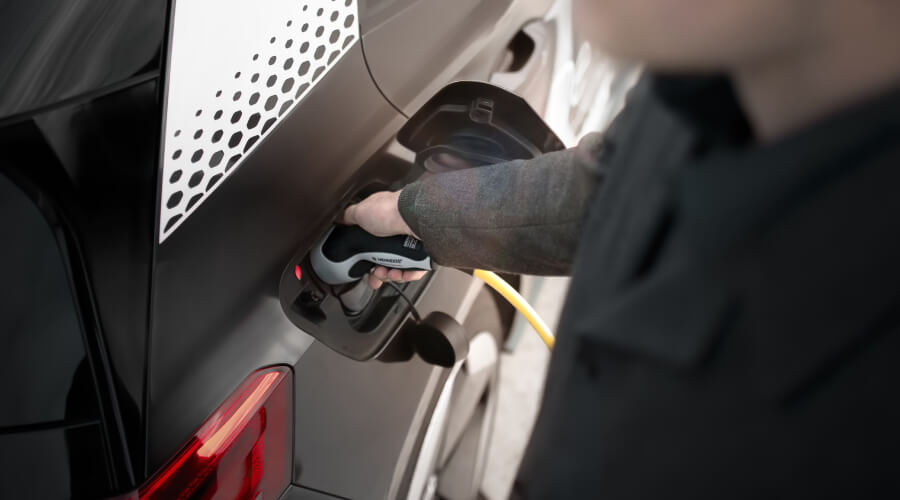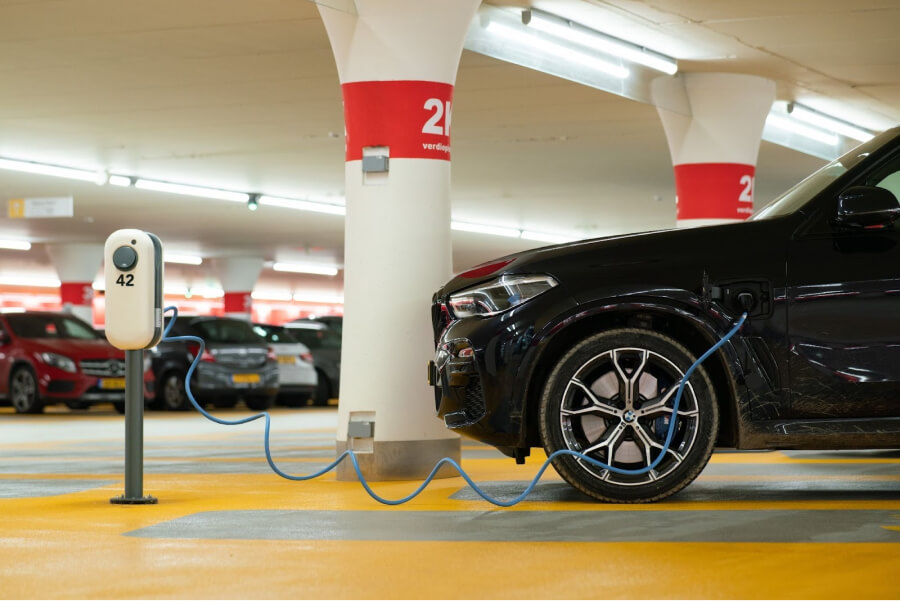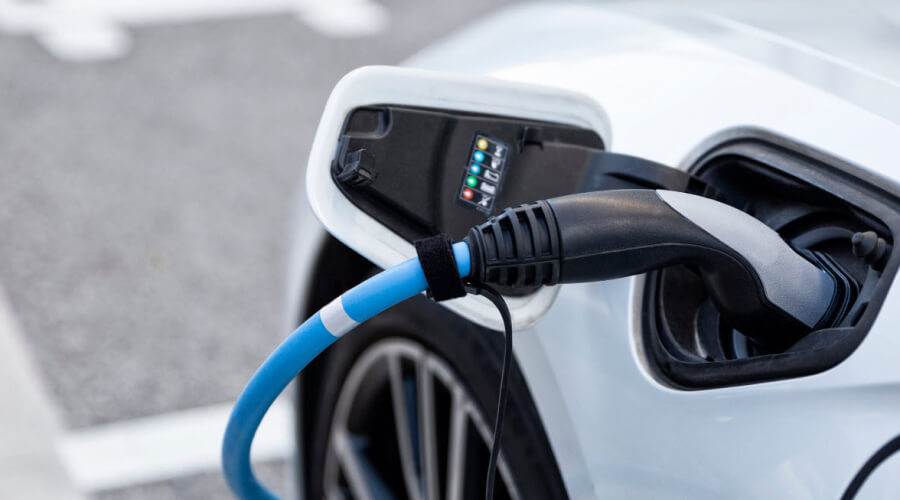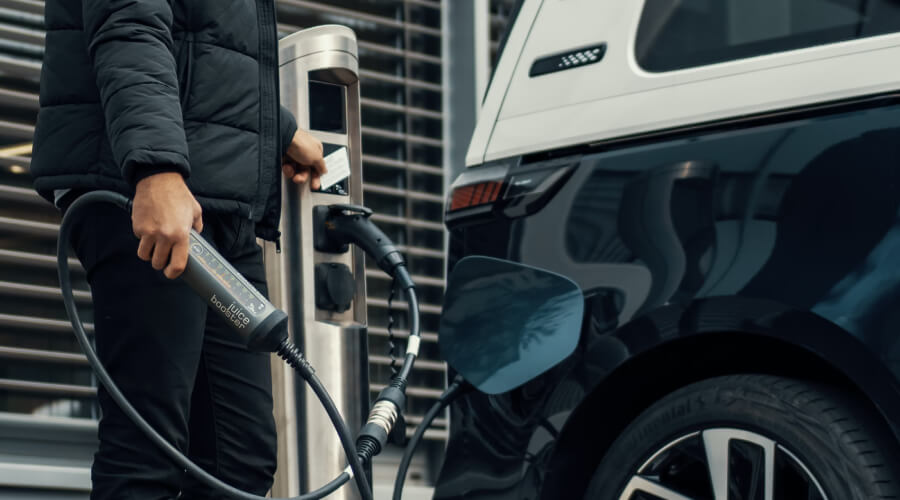Why You Shouldn’t Switch to an EV Yet

In this article:
Electric vehicles (EVs) are on the rise, and it’s easy to see why—they’re clean, innovative, and let’s be honest, still a bit of a novelty. But even with all their benefits, EVs still have some challenges to overcome before they can fully replace petrol vehicles. In this article, we’ll take a closer look at some of the reasons you might want to wait before making the switch to an EV. Whether you’re a business owner with a fleet or an everyday driver, it’s important to have all the facts so you can make a choice that suits your needs best.
Are EVs (Currently) Worth It?
- EVs usually cost more upfront. If you’re budget-conscious, this might be a big factor.
- The charging networks aren’t there yet. If you live in a city with plenty of charging options or can charge at home, you’re golden. Otherwise, it’s a headache.
- If you regularly drive long stretches, the current range of EVs might not cut it.
- Need to tow heavy stuff or head off-road? Petrol cars are still your best bet.
- EVs remain the second car for many drivers, with petrol cars the primary choice.
5 Reasons Aussies Should Hold Off on EVs (For Now)
1. EVs Can’t Go the Distance Like Petrol Cars
The worry about running out of battery before reaching a destination, commonly known as ‘range anxiety,’ is a significant concern for many potential EV owners. Despite advancements in technology, most EVs still can’t travel as far on a single charge as petrol cars, especially on longer journeys.
This issue is so significant that according to CleanTechnica, 70% of EV owners who switched back to petrol cars cited charging problems as their main reason. Plus, while Australia’s network of EV charging stations is growing, it hasn’t yet reached the reliability or convenience of petrol stations, often making it tricky to find a place to recharge when you need one.
2. When the Going Gets Rough, EVs Buckle
When you’ve got heavy loads to haul or rugged terrains to conquer, petrol vehicles are currently your best bet. Take the all-electric F-150 Lightning as an example: testing shows that its driving range can shrink dramatically—up to three times less—when it’s towing or tackling off-road challenges. This significant drop in performance can be a real game-changer for those who rely on their vehicles for heavy-duty tasks. Whether it’s towing a boat for a weekend getaway or carrying equipment for a work project, petrol cars and trucks provide the reliability and power needed without the worry of finding a charge mid-job.
3. EVs Cost More Upfront
Electric vehicles (EVs) come with a steeper price tag compared to petrol vehicles, often falling between $55,000 and $60,000. This higher upfront cost can be a significant hurdle, especially when you consider that nearly half of potential buyers are hoping to spend less than $40,000 on their next vehicle.
While it’s true that EVs can be cheaper to run over the long term—thanks to savings on fuel and maintenance—the initial investment is a major factor to consider. If you’re weighing the benefits of going electric against the costs, it’s important to factor in not just the purchase price but also the long-term savings, and decide what makes the most financial sense for your situation.
4. EV Charging Isn’t a Straightforward Process
Incompatible Cables
Charging an electric vehicle isn’t always as straightforward as filling up at a petrol station. Within the world of EVs, owners often face irritating inconsistencies like incompatible charging cables and unexpectedly long charging times. These issues can turn what should be a simple recharge into a bit of a headache. While petrol cars offer the convenience of a quick, uniform refuelling process no matter where you fill up, EV charging can sometimes feel like a bit of a wild card, with different stations and systems not always playing nicely together.
Charging Infrastructure Isn’t There Yet
The reality is EV charging infrastructure still has room for improvement. Occasionally, EV drivers may encounter a charger that isn’t working, which can be quite a hassle if you’re running low on battery. Plus, with only roughly 3,000 charging points available across Australia, the sparse coverage – in comparison to 7,000 petrol stations – can make it tough to rely solely on electric power for longer journeys.
5. EVs Aren’t the Primary Car of Choice
Electric vehicles are certainly on the up and up, but many Australians aren’t quite ready to let them take over as their main cars. They’re great as secondary vehicles for quick trips around town, thanks to their eco-friendliness and lower running costs. However, challenges like finding charging stations and worries about range mean they’re not always the first choice for longer trips or heavy-duty use.
For example, for Mustang Mach-E owners, only 37% went on to buy another EV, showing that even fans of electric cars often stick to petrol vehicles for their main driving needs. So, while EVs are a smart choice for an additional car, they haven’t quite edged out petrol cars as the go-to for every situation just yet.
Bottom Line: Stick With Petrol Cars
If you run a business and are considering switching your fleet to electric vehicles, petrol cars are still the way to go. With more than double the fuel stations (compared to EV charging points), longer range, and the ability to handle rougher conditions, petrol cars still rank in first place against EVs.
Plus, petrol cars come with the added benefit of a range of fuel card options to handle your business’s petrol expenses with one streamlined system. At the end of the day, keeping your fleet running on petrol means less downtime and more predictable operations. It just makes sense when you want to keep things running smoothly.
Everything You Need to Know About Australia’s Public EV Charging Networks (2024)
When it comes to charging your electric vehicle (EV) in Australia, it’s important to know the major charging networks out there. Australia’s EV charging networks vary widely in terms of availability, charging cost, charging speed and tech features. Here’s what you need to know about public EV charging networks in Australia, including the major players, …
Read moreKeep Your Fleet Running Smoothly With the Right Fuel Card
Making sure your fleet operates without a hitch is crucial for your business. If you’re not quite ready to switch to electric vehicles, why not simplify your petrol purchases with a fuel card?
Fuel cards can streamline your operations, making fuel management a breeze with one simple solution. They’re accepted at a wide network of stations across Australia, ensuring your fleet is always fueled up and ready to go, no matter where the job is.
Don’t wait — check your business’s eligibility and keep your fleet moving efficiently!




